Best movies & TV Shows like My Uncle Zhou Enlai
A unique, carefully handpicked, selection of the best movies like My Uncle Zhou Enlai Starring Sun Weimin, Tang Guoqiang, Huang Wei, Lu Qi, and more. If you liked My Uncle Zhou Enlai then you may also like: The Bridge, The East Is Red, Mao Zedong 1949, The Sacrifice, Battle on Shangganling Mountain and many more popular movies featured on this list. You can further filter the list even more or get a random selection from the list of similar movies, to make your selection even easier.
This drama describes the life of Zhou Enlai, who serves as Premier of the People's Republic of China, from the founding of the Communist State in 1949 to 1976 until his death.
My Uncle Zhou Enlai
You may filter the list of movies on this page for a more refined, personalized selection of movies.
Still not sure what to watch click the recommend buttun below to get a movie recommendation selected from all the movies on this list
The East Is Red
Pre-Cultural Revolution propaganda at its most lavish, this model opera depicts the history and evolution of the Communist Party of China under Mao Zedong from its founding in July 1921 to the establishment of "New China" in 1949. Detailed in the musical are several key events in CPC history such as the Northern Expedition, the KMT-led Shanghai massacre of 1927, the Nanchang Uprising and formation of the People's Liberation Army, the Long March and the founding of the PRC on October 1, 1949.
Mao Zedong 1949
The film is set in 1949, as the members of the Central Committee of the Communist Party of China prepare to establish a new Chinese state, the People's Republic of China.
The Sacrifice
In 1953, the Korean War is entering the final stage. The People's Volunteer Army of China has launched the last major battle in Kumsong. In order to arrive at the battleground on time and deliver enough force to the Kumsong front line, the soldiers have to defend themselves against the never ending bombing of enemy bombers and race with time to repair bridges, all under the circumstance of supply shortages and inferior equipment. The rarely told history slowly unfolds.
Battle on Shangganling Mountain
(From Wikipedia)- "Battle on Shangganling Mountain follows a group of Chinese People's Volunteer Army soldiers who are holding Triangle Hill for several days against US forces. Short of both food and water, they hold their ground until the relief troops arrive. The movie portray the battle as a Chinese victory over an American invasion, and the People's Volunteer Army soldiers were shown as Chinese war heroes."
Born to Fly
A talented trainee pilot is given the opportunity to virtually test the latest fighter jet, which pushes him to his limits.
The Founding of an Army
The Founding of an Army is a 2017 Chinese film commissioned by China's government to commemorate the 90th anniversary of the founding of the People's Liberation Army.
Zhou Enlai Returned To Yan'an
1973. Old revolutionary Zhou Enlai, elected Mao's successor, returning to the holy land of Yanan. Recalling the major historical events of the 13-year period of the Chinese revolution in the Yanan period, it showed the feelings and feelings of Premier Zhou Enlai
Lei Feng
Lei Feng (December 18, 1940 – August 15, 1962) was a soldier of the People's Liberation Army in the People's Republic of China. After his death, Lei was characterised as a selfless and modest person who was devoted to the Communist Party, Chairman Mao Zedong, and the people of China. In the posthumous "Learn from Comrade Lei Feng" campaign, initiated by Mao in 1963, Lei became the symbol of nationwide propaganda; the youth of the country were encouraged to follow his example. After Mao's death, Lei Feng remained a cultural icon symbolizing selflessness, modesty, and dedication; his name entered daily speech and his imagery appeared on t-shirts and memorabilia.
Morning Sun
The film Morning Sun attempts in the space of a two-hour documentary film to create an inner history of the Great Proletarian Cultural Revolution (c.1964-1976). It provides a multi-perspective view of a tumultuous period as seen through the eyes—and reflected in the hearts and minds—of members of the high-school generation that was born around the time of the founding of the People’s Republic of China in 1949, and that came of age in the 1960s. Others join them in creating in the film’s conversation about the period and the psycho-emotional topography of high-Maoist China, as well as the enduring legacy of that period.
The Founding of a Republic
The tale of one man who fought against the tyranny of a ruler and led his people in battle in the ultimate sacrifice for his country.
Beginning of the Great Revival
A chronicle of the events that led to the founding of the Chinese Communist Party.
Liberation
Based on real life events, the film is set in January 1949 and focuses around a group of soldiers involved in the final stages of the Battle of Pingjin
The Go Masters
Ten years before the outbreak of the Second World War in Asia, a Japanese Go master and his Chinese rival meet in China to play a game of Go (loosely described as an Asian version of chess). It soon becomes evident that the Chinese master's son is the most talented player that the Japanese master has ever encountered, and he convinces the boy's father to let him bring the child back to Japan to train him as a professional Go player. Years pass, and as the young Chinese master grows to maturity in Japan, the Japanese invasion of China forces him to choose between his triumphant career and his loyalty to his native country. His decision is complicated by his marriage to the daughter of the Japanese master, with whom he has produced a child. His choice will profoundly alter the lives of two families. Their saga serves as a reflection of the tragic relations between their two great countries, and the possibility of reconciliation and healing.
The Story of Zhou Enlai
With a unique perspective of the accompanying cameraman of Premier Zhou Enlai, the film tactfully tells the story that Premier Zhou went to the old revolutionary base area of Hebei Province at the beginning of the 1960s when our country suffered from the Great Chinese Feminine. He made in-depth research in Boyan commune of Handan District, work closely with the masses, followed up a clue and seized the culprit in four days and nights.
The Birth of New China
In the spring and summer of 1949, the People's Liberation Army launched an offensive under the orders of Mao Zedong and Zhu De, they crossed the Yangtze River and Nanjing was liberated on April 23 which signaled the fall of the KMT regime, Chiang Kai-Shek fled to Taiwan; on October 1, 1949, Mao Zedong standing on the rostrum of Tiananmen, solemnly declared the foundation of the People's Republic of China.
Who Is Undercover
In 1946, to prevent the Chinese civil war, Zhou Enlai who represented the Communists held a talk with the Chinese Nationalist Party, and George C. Marshall, who represented the Americans at Plum Village in Nanjing. A lost notebook stirred the already turbulent peace talk. The ripples alert the three sides and a battle of spy and anti-spy began. Many historical figures like Zhou Enlai, George Marshall, Chiang Kai-shek, Soong May-ling, He Yingqing, Chen Cheng, and Hu Zongnan are depicted in the movie. Other fictional persona such as the ace agent Xiong Huiquan, the female journalist, and a secret spy who belongs to the Confidential Bureau adds tension to the critical moment.
Daughters of China
Women play a heroic role in the Volunteer Army fighting the Japanese in the puppet state of Manchukuo.
Not for Love
Set in the turmoil years of China, a foreign girl is saved and protected when she suicides because of her Chinese lover has been put into prison for mourning Premier Zhou.
The Volunteers: To the War
In the early days of the founding of the People's Republic of China in 1949, New China was faced with "internal and external troubles". Since the outbreak of the Korean Civil War, the U.S. military has repeatedly provoked the border between China and North Korea, and civilians have been brutally bombed. In order to maintain the hard-won peace and long-term stability for generations, in October 1950, the Chinese People's Volunteers entered North Korea, and the "Resist US Aid Korea" war kicked off.
Sparrow
This drama is set during the revolutionary time in Shanghai, based on a novel of the same name of Hai Fei. During the republican revolution, Chen Shen is a secret agent under Special Operations Executive Director Bi Zhongliang, among the agents called “sparrow” (similar to the program “zero” in Japan)
Rookie Agent Rouge
Can a young woman prove her loyalty to her country and her family? Lan Yan Zhi is a privileged banker’s daughter in Shanghai and a student activist who mistakenly comes into possession of a letter from the Japanese Army in 1937. She gets misunderstood for a spy by her crush, Zhou Yu Hao, an upstanding officer in the Chinese Army. To prove her innocence, Yan Zhi agrees to infiltrate the home of her best friend, Feng Man Na, and help Yu Hao track down a mysterious “Mister Traitor.” But what will Yan Zhi do when the search leads to a member of her own family?
Till Death Tear Us Apart
Liu Yu Sheng hails from a rich family. After studying abroad, he returns home to find his asset/inheritance stolen by his other family members. To make a living, he has to work as a teacher at a small school. In this hopeless state, he meets a dear, old friend in Zhou Yao Hua. Who, like the majority of China harbors a hatred against communists. However, Liu Yu Sheng has connections with communists. Could he betray his friend? Thus begins Yu Sheng’s rounds of difficult choices.
Lost in 1949
On New Year’s Day in 1949, female accountant Huang Li Wen returns to her hometown Shanghai in order to commemorate her husband and comrade’s death. As a Communist agent, she is ordered to obtain valuable information for the Communist Party and aid them in their quest for liberation. During her mission, Li Wen is reunited with her family members and becomes acquainted with the streetwise Qiao Zhi Cai and his younger twinbrother Qiao Li Jie, who turns out to be a key player in Huang Li Wen’s mission.
Fearless Whispers
A story revolving around a fresh graduate who holds an idealistic view of what's right and wrong, yet realizes that the very institution he chose to serve falls heavily onto a gray area caught in the struggles during chaotic times. It takes place after the war has been won. Gu Yao Dong who grew up in Shanghai graduates from university. Hoping to fulfill his dreams of upholding the law and protecting the people, he succeeds in becoming a policeman. However, Gu Yao Dong is disheartened from the constant bullying by his peers and even gets caught deep in the political warfare between the Communists and the Nationalist. With the help of Xia Ji Cheng and Shen Qing He, he starts on a road to a revolution.
Medal of the Republic
It is an anthology drama about the lives of eight legendary figures in China: Yu Min: Involvement in national defence and security from his youth until he reached his middle age. Shen Jilan: Advocating "equal pay for men and women" and her election to the first National People's Congress. Sun Jiadong: Countless defeats become the starting point to depict the relentless spirits of the Chinese scientists. Li Yannian: Heroic feats during the Korean War (known in China as the war to resist US aggression and aid Korea.) Zhang Fuqing: A war veteran has gone to live in one of the poorest regions and helped people out of poverty. Yuan Longping: Worked tirelessly to provide food and clothing for his motherland and the people of the world. Huang Xuhua: It recounts the difficult process in China's independent research and development of nuclear submarines. Tu Youyou: Development of the new antimalarial drug artemisinin and answers some doubts people have about the Nobel Prize received in 2015.
New World
Set in the city of Beiping during the 22 days before the founding of the People's Republic of China in 1949 is a story about the drastic changes in the lives of three brothers Jin Hai, Tie Lin, and Xu Tian as well as a romance between Xu Tian and Tian Dan. In investigating the murder that claimed the life of his fiancee, policeman Xu Tian starts on a trail that will eventually lead to his involvement in the liberation of Beiping. Jin Hai, Tie Lin, and Xu Tian are three friends who are as close as brothers. In the face of historic changes and conflicting beliefs, they make choices that take them on diverging paths. Xu Tian and communist member Tian Dan meet during their lowest moments and find a common goal that brings them together.
The Bond
Thirty years ago, Qiao Zu Wang and his wife welcomed their fifth child into the world. But what should have been a time of rejoicing soon turned into a period of overwhelming grief as Zu Wang’s wife slipped quietly from this world. Now left to raise his five children alone, Zu Wang’s true colors were revealed. Selfish and unfeeling, Zu Wang turned all of his focus inward, leaving his children to fend for themselves. Realizing his father would never be the man he ought to be, the eldest son, Yi Cheng, voluntarily stepped into the role of caretaker. Fully aware of the fact that they were now on their own, the younger Qiao siblings, Er Qiang, San Li, Si Mei, and Qi Qi, came alongside their big brother, willing to do whatever was necessary to keep their family together. Despite overwhelming odds, the Qiao siblings not only survived but thrived.
The Great Wall of Iron
Much of the world first became aware of the Chinese People’s Liberation Army in the tragedy of Tiananmen Square in June 1989. However, only weeks before, filming had been completed on an extraordinary examination of China’s military machine. Boasting unprecedented access to all areas of the People’s Liberation Army, this five-hour documentary reveals with unerring insight and exceptional clarity the enigma which is the modern Chinese army.










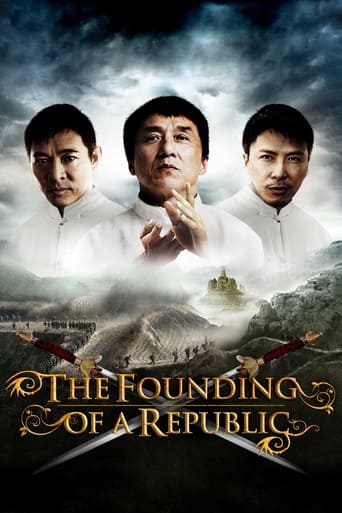























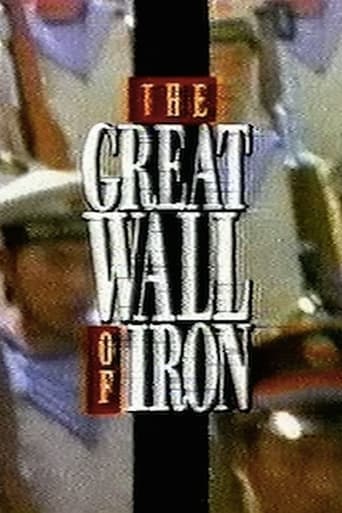
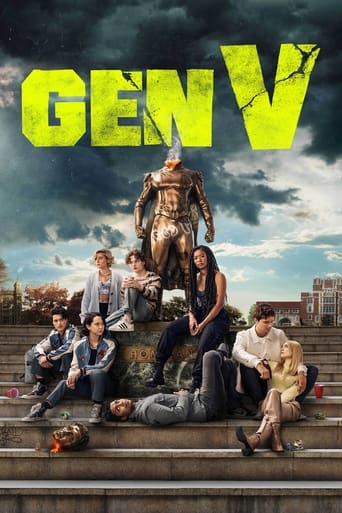

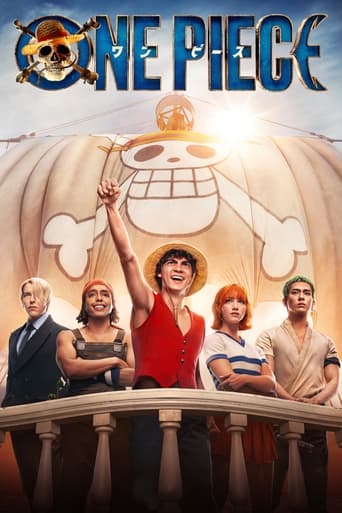
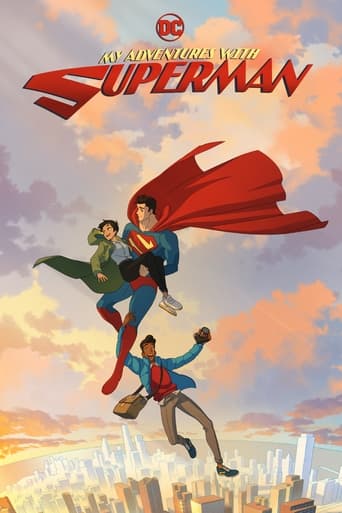

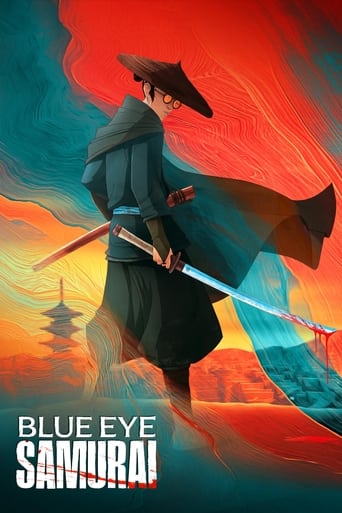
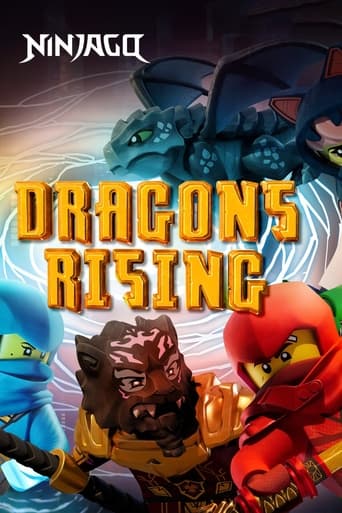
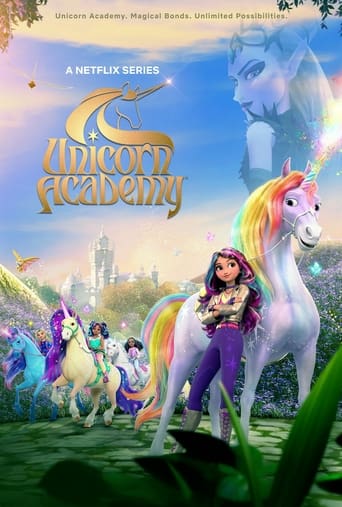




The Bridge
Factory workers in 1947 repair a bridge over Song Hua River so that Communist forces can use it.